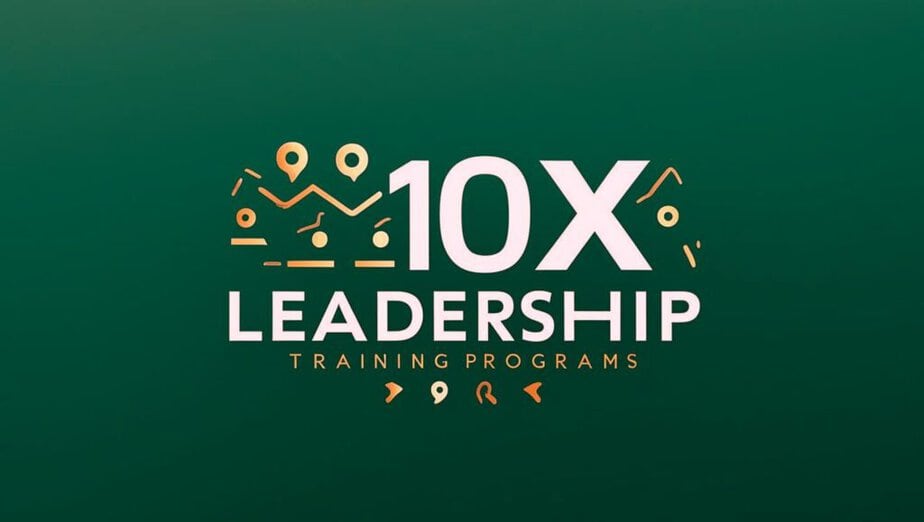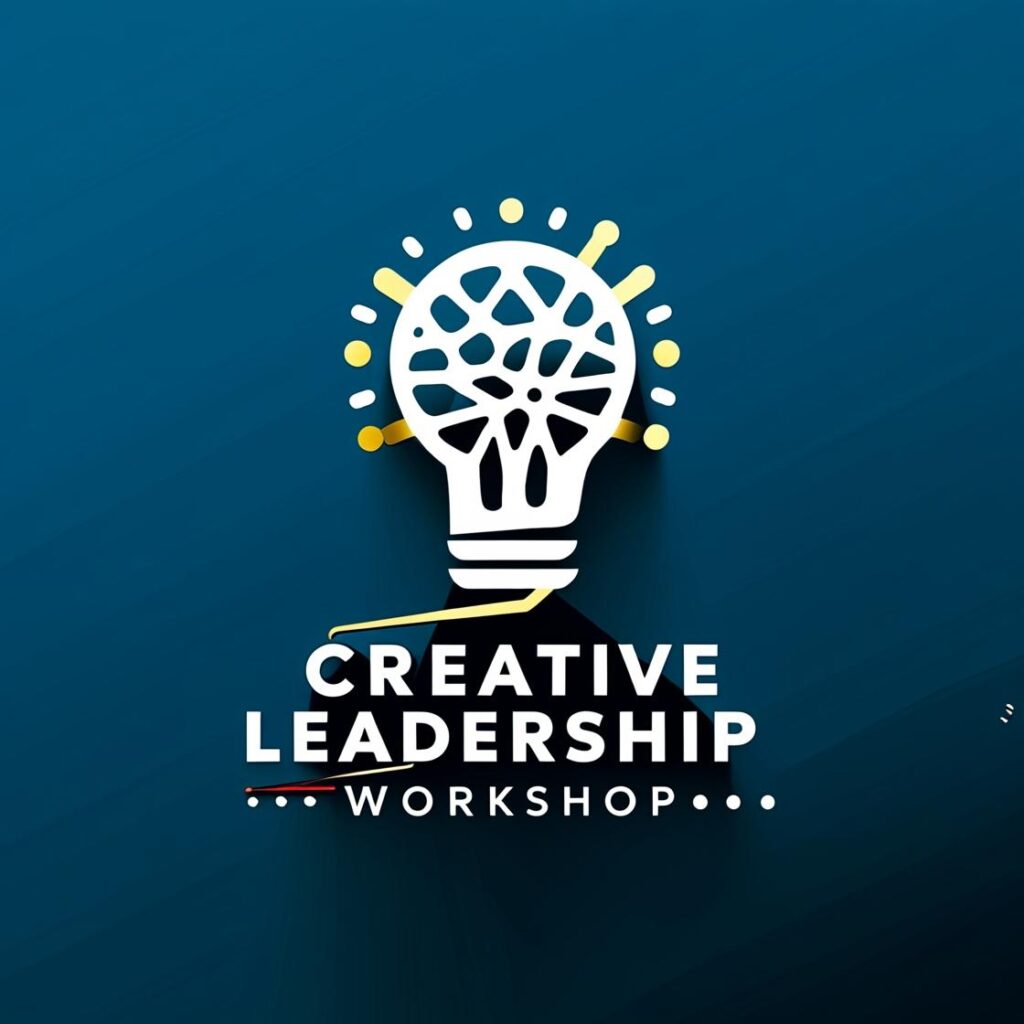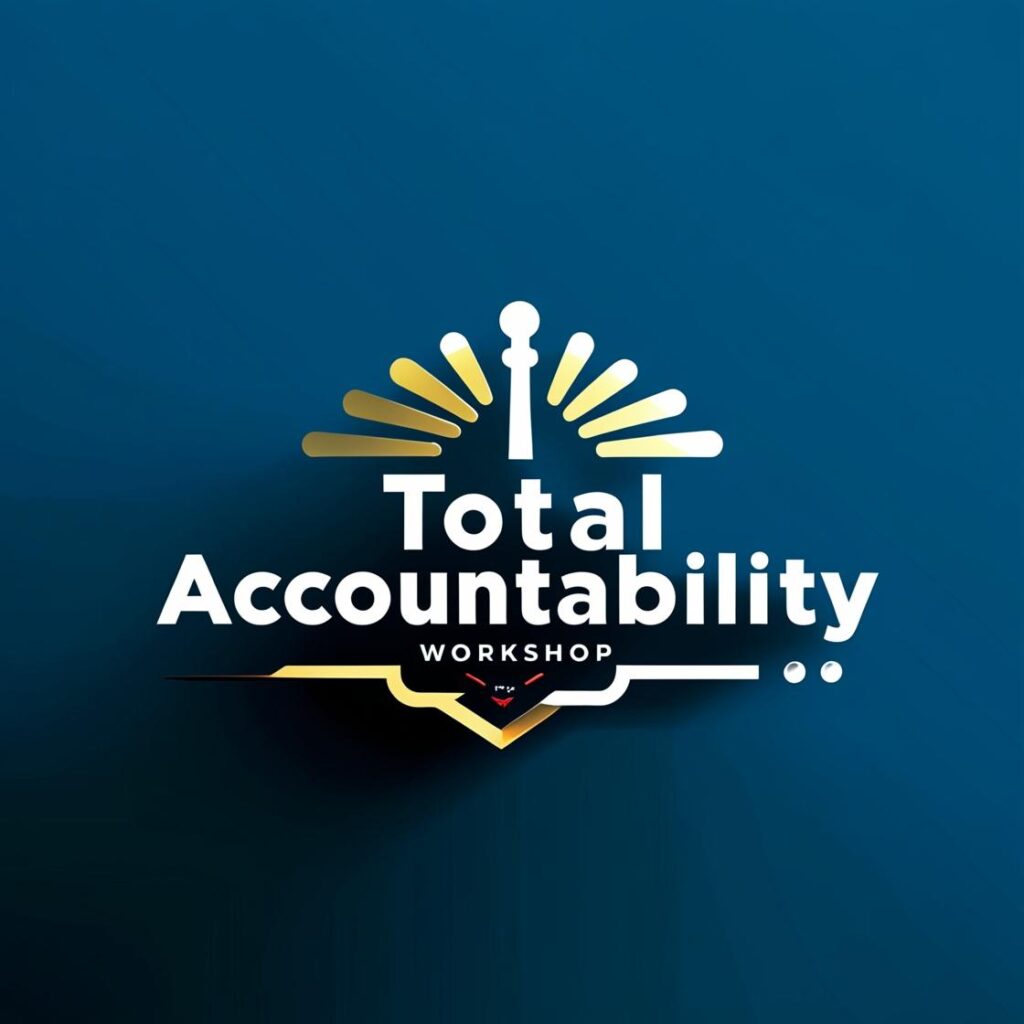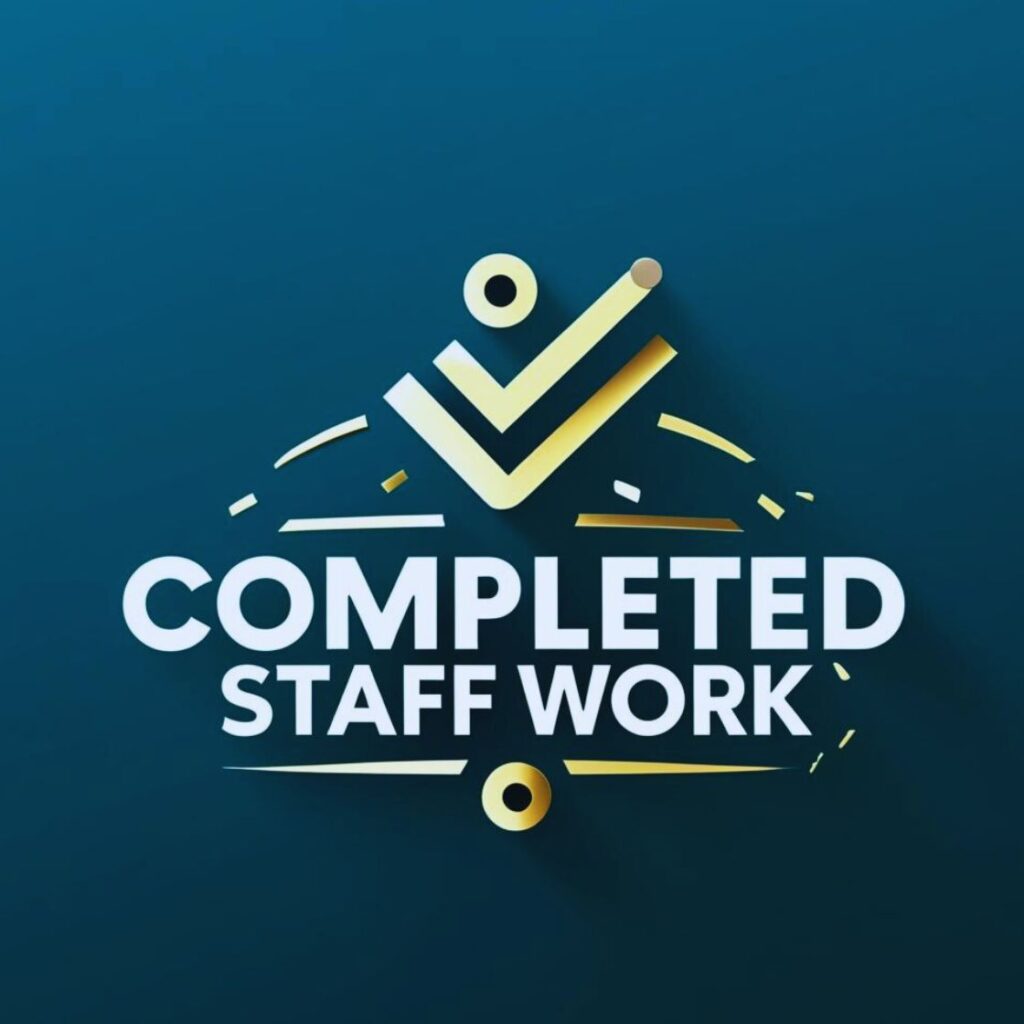You can become an effective leader and make things happen. An effective leader provides direction, enables people to take action, and accomplishes the objectives of the organization. Effectiveness is always measured by the ability to produce desired results.
It is in this context that I am going to share with you the four strategic ways to become an effective leader.
In the 7 characteristics of effective leaders, I shared what happens when a leader is not effective. I bet you also want to know how to become an effective leader. There are 4 strategic ways.
🚀 Great leaders don’t just happen—they’re built, trained, and tested. Our leadership program gives you the blueprint to build the leader within. Ready to get started?”
How to Become an Effective Leader
To become an effective leader, we must look into four areas: people, purpose, strategy, and execution.
Allow me to explain why.
Let us say that your leadership is about solving poverty in the world. I know that’s a big problem. Most politicians we elected into office failed us, or so we thought. The problem is too big to solve, but leaders often want complex challenges.
1. Begin with people.
Know precisely the people you want to serve. A leader must have people to serve. And not everyone is your people.
Hitler, for one, wanted to serve the German people. Or one may argue he wanted to help only himself. The Jewish people are not his people. He is not their leader.
Gandhi wanted to free the people of India from British rule. They recognized him. They are his people.
Knowing your people is a good start. It is to them whom you need to model the way. It is they who will tell you whether your leadership is effective or not.
Great leadership isn’t an event—it’s a habit. Get actionable leadership habits every Monday and Thursday.
2. Define your purpose.
Your purpose is the reason for your being.
Be very clear about your ambition. It goes beyond job title and self-interest. You can express it in this way:
My leadership exists to bring ________________ to _________________.
The first blank is your ambition. The second one is your people.
We have already introduced the purpose above. Solving poverty in the world is a purpose. But that’s too great a purpose. You have to define your “world.”
That world can be your family, your village, your barangay, your municipality, your province, or your country.
It is essential to set the limit of your purpose. Then, you can manage what you can measure. For example, if what I want is for the benefit of the people in my barangay, then I would be able to know whether I am effective.
Let us continue to strategy.
3. Devise strategies.
You want to solve the poverty in your barangay.
You can probably do it if you have as much money as Elon Musk. Then, probably, you can solve the problem for some months. But that’s not a good strategy. Spending your money does not necessarily make you a good leader.
It is best to define your limits when you think of strategies. For example, I can say that I will solve the poverty in my barangay by
- Helping people get a sustainable and decent income,
- Without me having to spend my money.
You can set your limitations.
Many leaders fail because they don’t set their strategies right. They got the wrong information. For example, Rodrigo Duterte thought that the power and money of the President could solve traffic problems in Metro Manila. He bragged that he could do it in six months. He also said he would solve the problem in rice carter in three days. He failed miserably.
When thinking about strategy, using a tool like the Theory of Change can help you. Consider all the challenges. Take inventory of your assets.
Let us assume that you have already defined your strategy. You have come up with a fail-proof strategy.
All strategies fail when there is no disciplined execution.
Read Leadership Training and Development
4. Execute with discipline.
Some bright minds fail in leadership because they don’t know how to execute their strategies. For example, Confucius was brilliant but did not know how to manage tasks. As a provincial governor, he was deemed ineffective, if not an utter failure.
I do not mean to discount the importance of strategy. It is imperative. Without it, a leader is likely to fail.
Take the case of Bong Bong Marcos as an example. We don’t have any idea about his strategy. It is not known to us, and he likely does not have one. So even if his underlings have grand strategies, they won’t matter, for most of them won’t be implemented.
Don’t be like them.
Find ways to get your strategies implemented. I recommend that you explore the 4 Disciplines of Execution. Reading the book can help you come up with specific actions that will help you succeed.
You can become an effective leader.
- Know your people.
- Define your purpose.
- Design your strategies.
- Execute with excellence.
Training
If you are looking for tailor-fit training programs for your organization, explore these pages. They are meant for leaders and high-potential employees.






